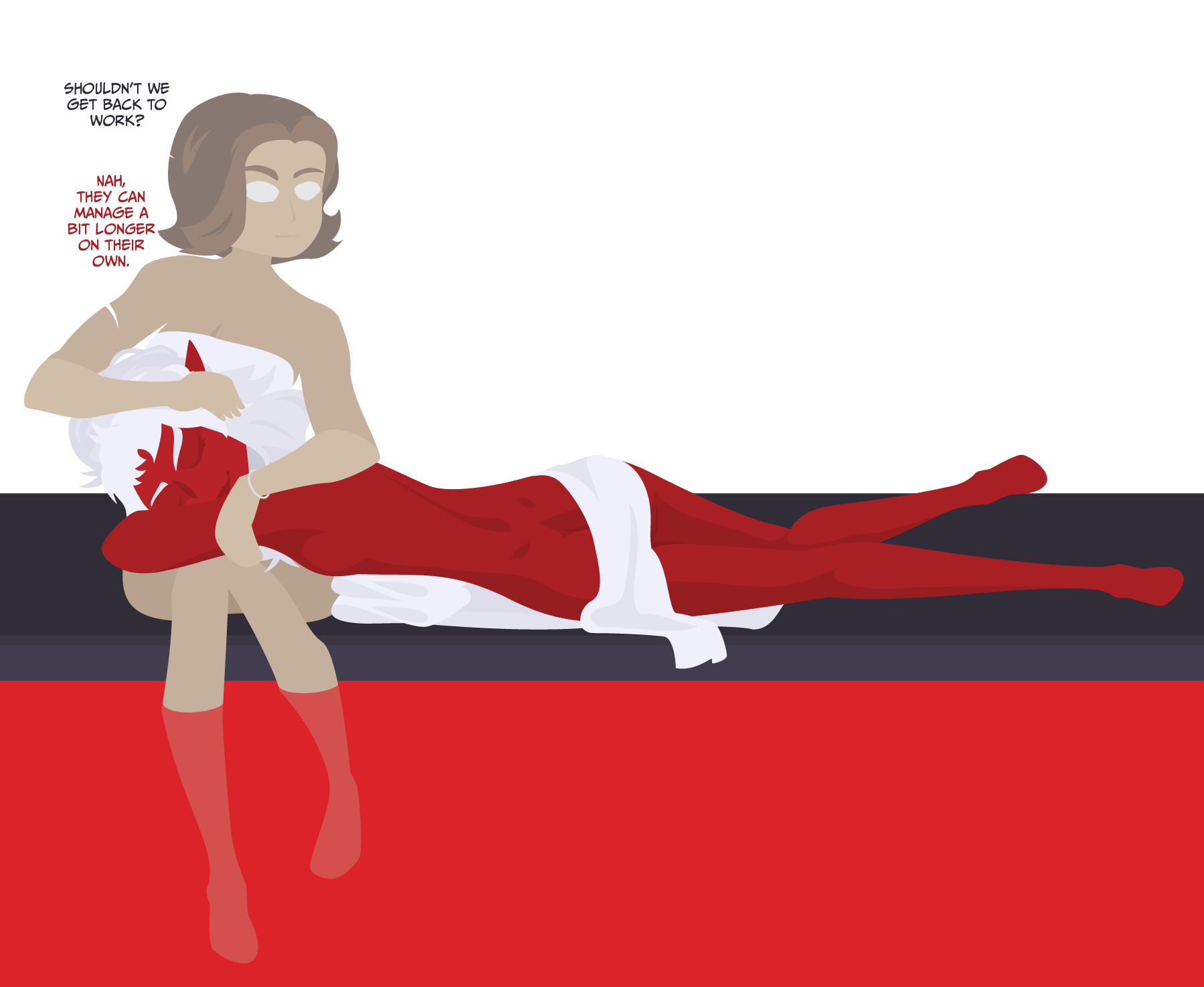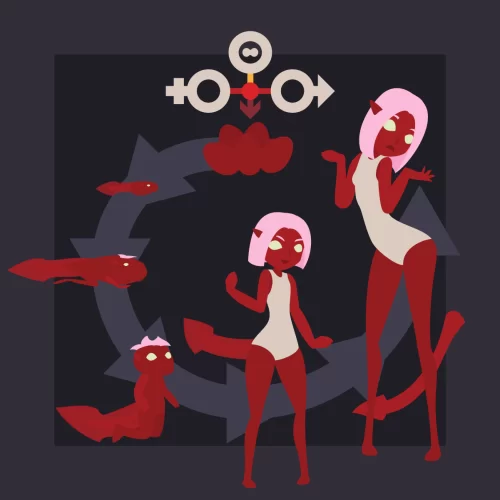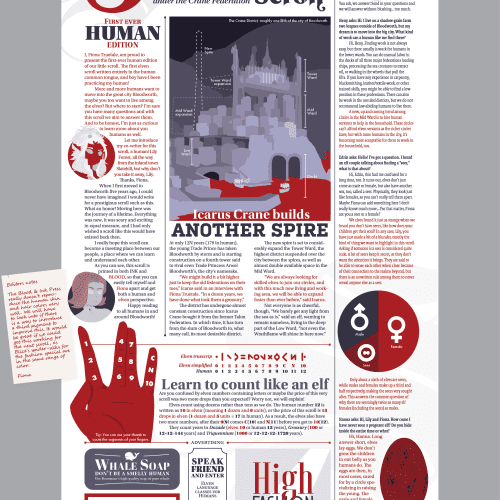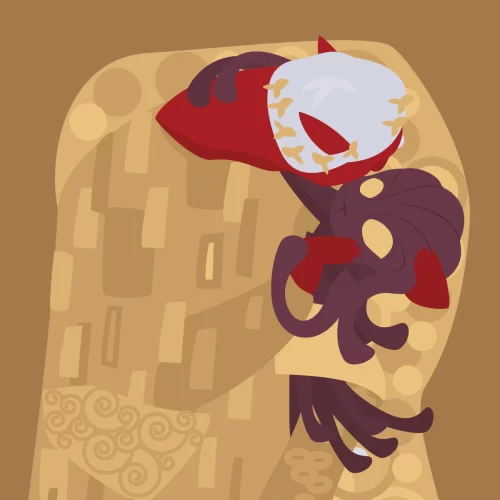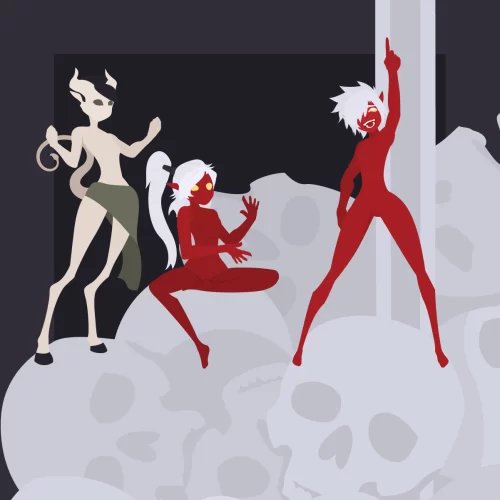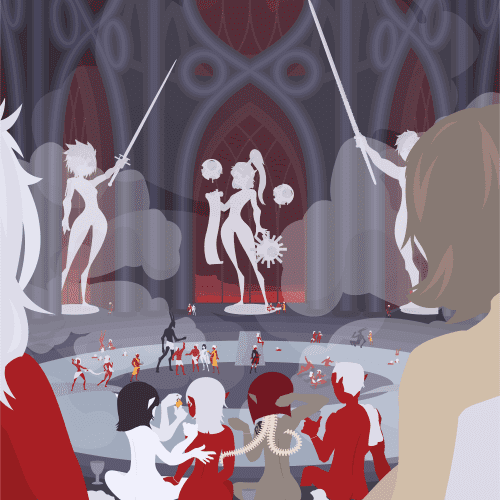Ever wondered how elven society works? How the elves live and work together?
Circles! The basic building block of elven society. Similar to a human household but without the need for familiar bonds, and usually with a shared business side attached.
Whether you’re considering circle membership or just curious about how elves organize their lives, this article is your ultimate guide.
Elven Circles
Fiona, I’ve got a question for you: What are circles? I hear elves talk about being part of this circle and that. What’s that about?
I think you would call it a “household”, but I understand for humans that also means some family bond, which isn’t necessarily the case with an elven circle. In essence, it’s a group of elves that have chosen to live together and almost always work together. You could say it’s the fundamental building-block of what makes up elven society.
So, it’s like a business too?
Yes, if a circle can’t earn a living it will fall apart. You can find circles of any occupation, or doing any task, really; running a little shop making shoes, a trading caravan, a mercenary squad, a printing press (like mine), and all the way to ruling an entire cities.
How many elves can there be in a circle?
There is no set rule, but three to sixteen elves are what you will see most often. Once it grows larger, it’s common to split it into what is called an over-circle and one or several under-circles, still working together but with separate living quarters and responsibilities.
Circles can be independent, cooperate within a guild, temporally hired by another circle, or be completely ruled by a circle above them. The most powerful of these circles are called federations—they own entire districts or cities and have some stake in most of the business conducted there.
This is what connects elven society: a many layered web of circles, both working together and competing against each other.
That sounds complicated. Are all elves part of circles? Do you have to be?
There are many elves who are either looking to join a circle or have chosen not to. So-called “uncircled work” is quite common… Just take yourself as an example. You work for me without being part of the circle.
Oh, I hadn’t thought there was an alternative, as that’s how humans work. So, what is the benefit of being part of a circle?
There are many. Most obviously it offers a place to live and work to earn your oil. Then there is the mentoring part, as the more skilled members will train the apprentices in the circle’s given craft. The social aspect is also important, as circle members often grow very close. In fact, to be accepted as a full member of a circle you not only have to do a good job as an apprentice, you also have to fit in with the rest of the circle.

Say, Lily, would you like to join a circle?
Me? Can humans even do that?
If you asked me a few hundred years ago, I would have said no. But now you see non-elves in circles all the time. Maybe rarer for humans, but not unheard of. You are practically my apprentice already, why don’t you join my circle and make it official?
Oh… I don’t even know what to say? What does that mean, would I move in with you?
Yeah! Just say yes, Lily. It’ll be fun.
I guess…
Great, let’s go have a bath to celebrate.
But we already had a bath this dawn.
We’ve had one yes…
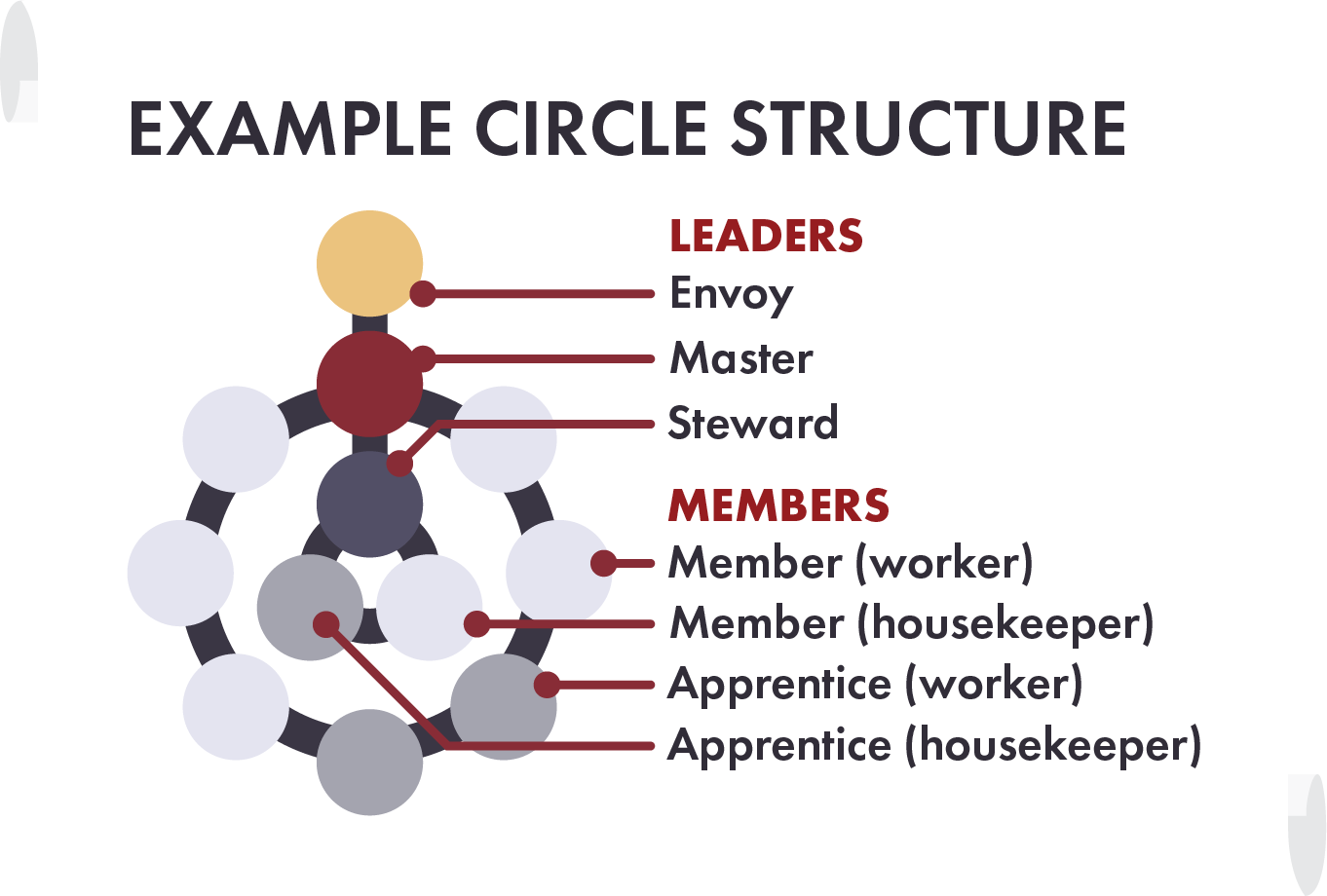
Roles in Circles
The envoy is the connection to other circles. They arrange the dealings, cooperation, and represents the circle in disputes. In some cases, the envoy is also a member of the circle above, being the link between the over- and under-circle.
The master is an expert in the circle’s given craft. They run the production side of the circle, instructing the members in their work and takes on the most difficult jobs.
The steward is in charge of economics, bookkeeping, runs the domestic side of the household, and makes sure the needs of the members are met.
A member is most often a skilled worker in the circle’s given craft, working under the master. But many circles also have elves working under the steward, assisting with both the bookkeeping as well as domestic tasks such as cooking, cleaning, and the general maintenance of the household.
An apprentice is a new recruit who is still learning the craft. It’s common for young elves to try out being an apprentice at several circles before choosing their long-term home. Older elves can also become apprentices if they’d like to change their direction in life, or only temporarily to learn new skills they can bring back to their own circle.

